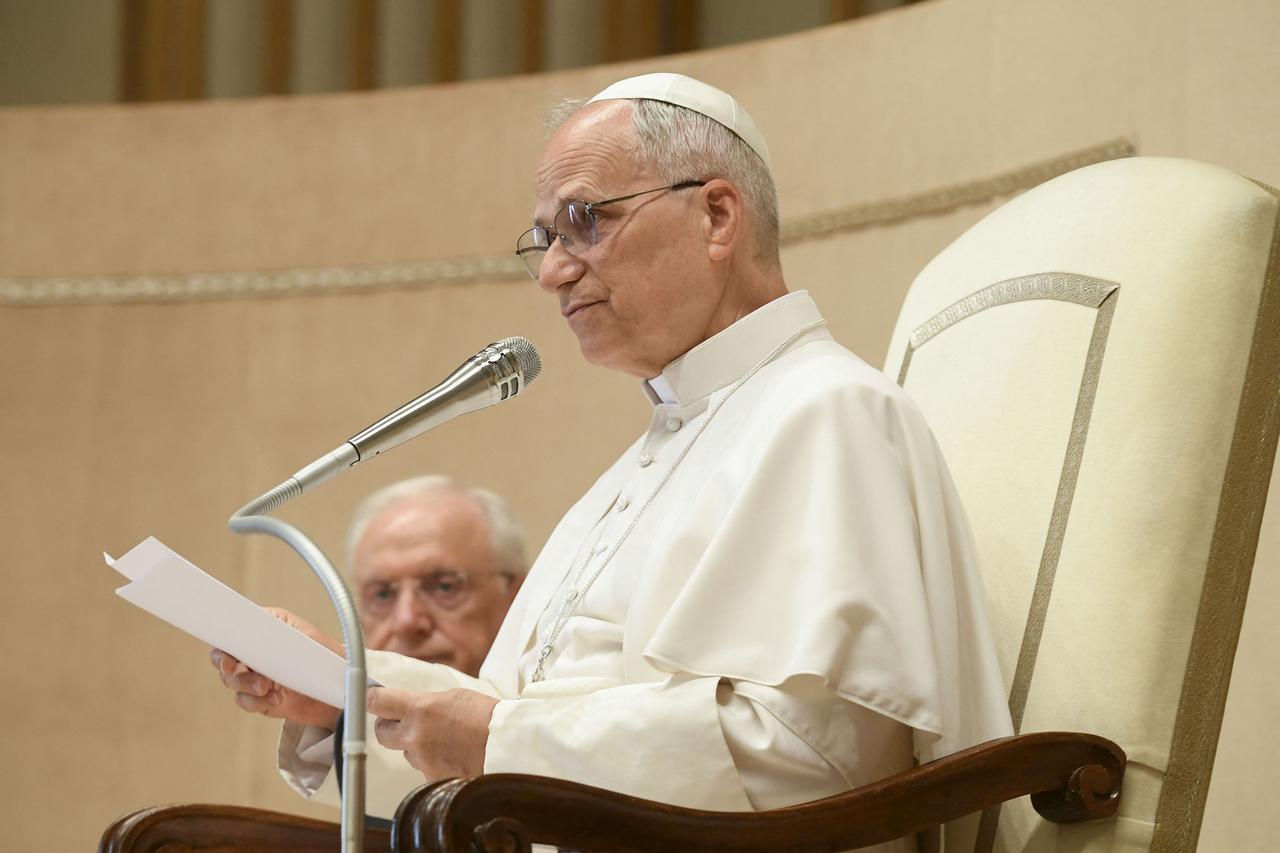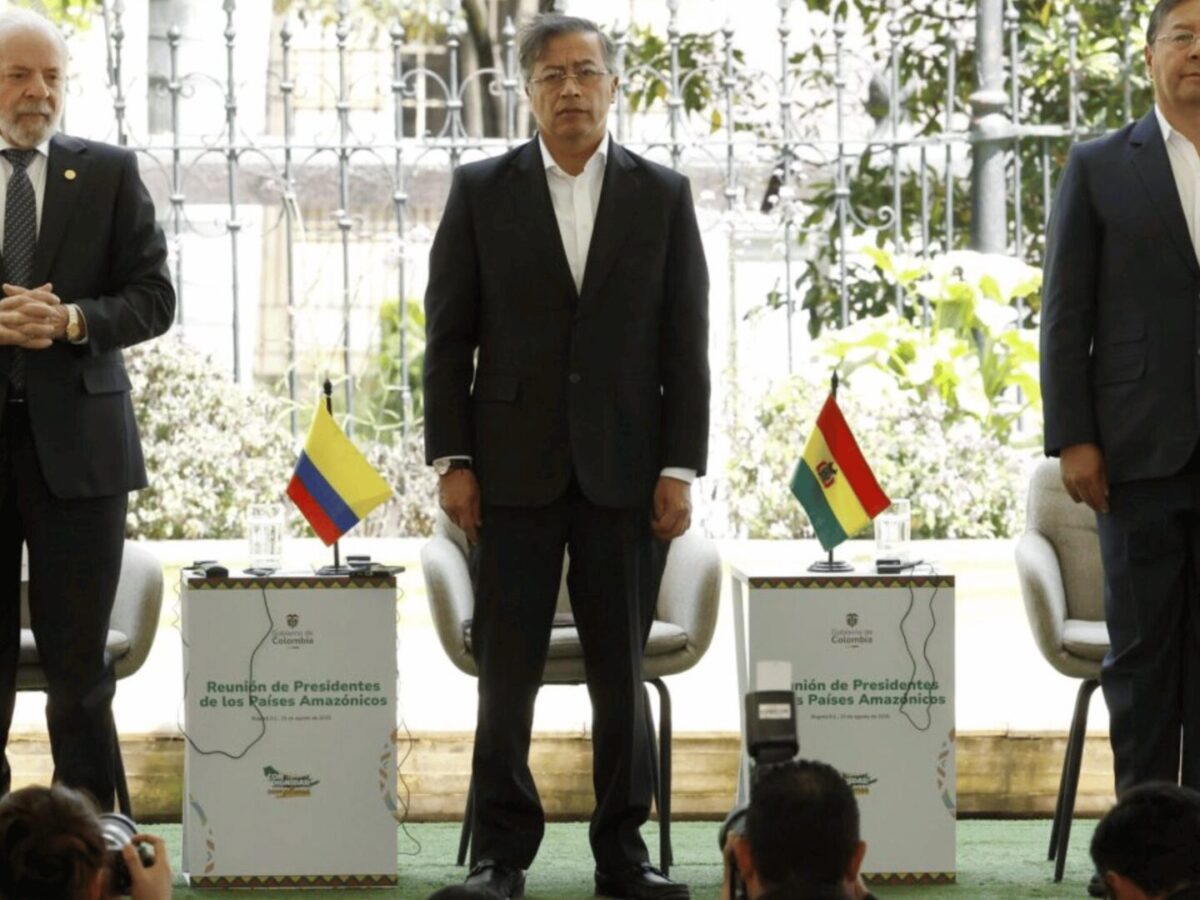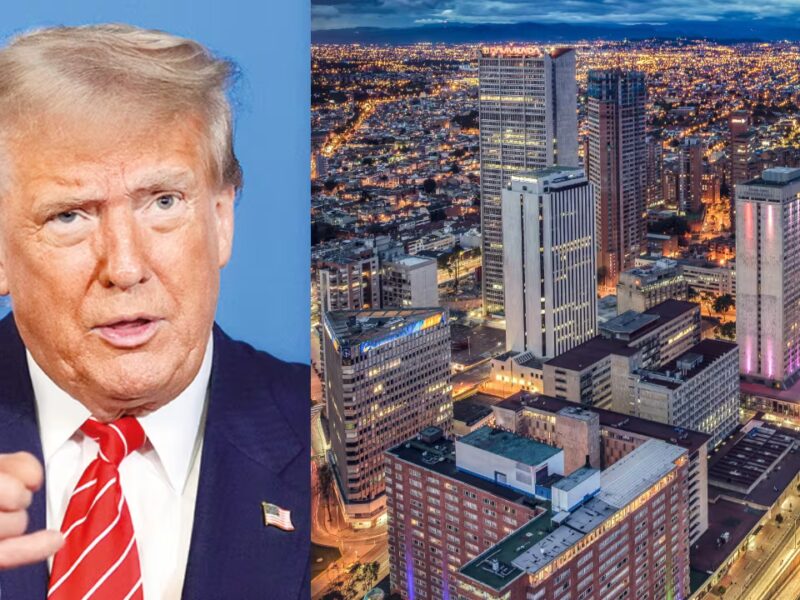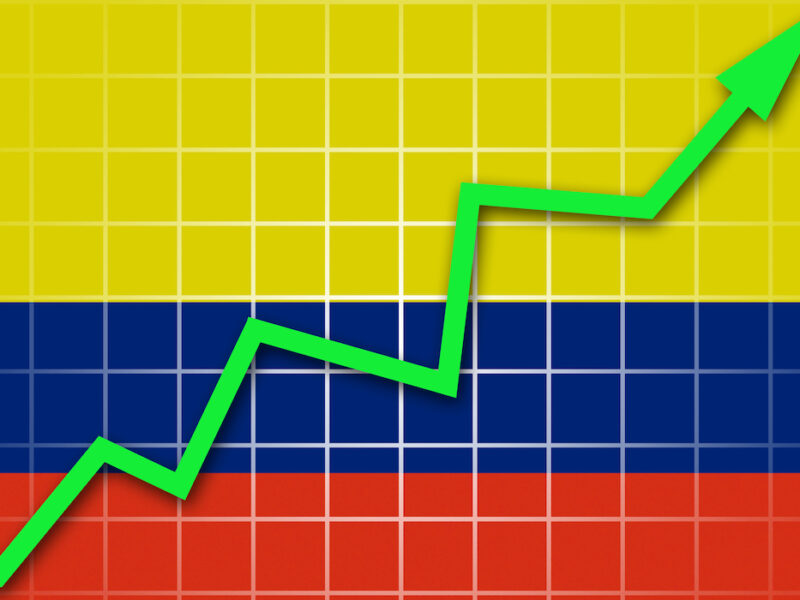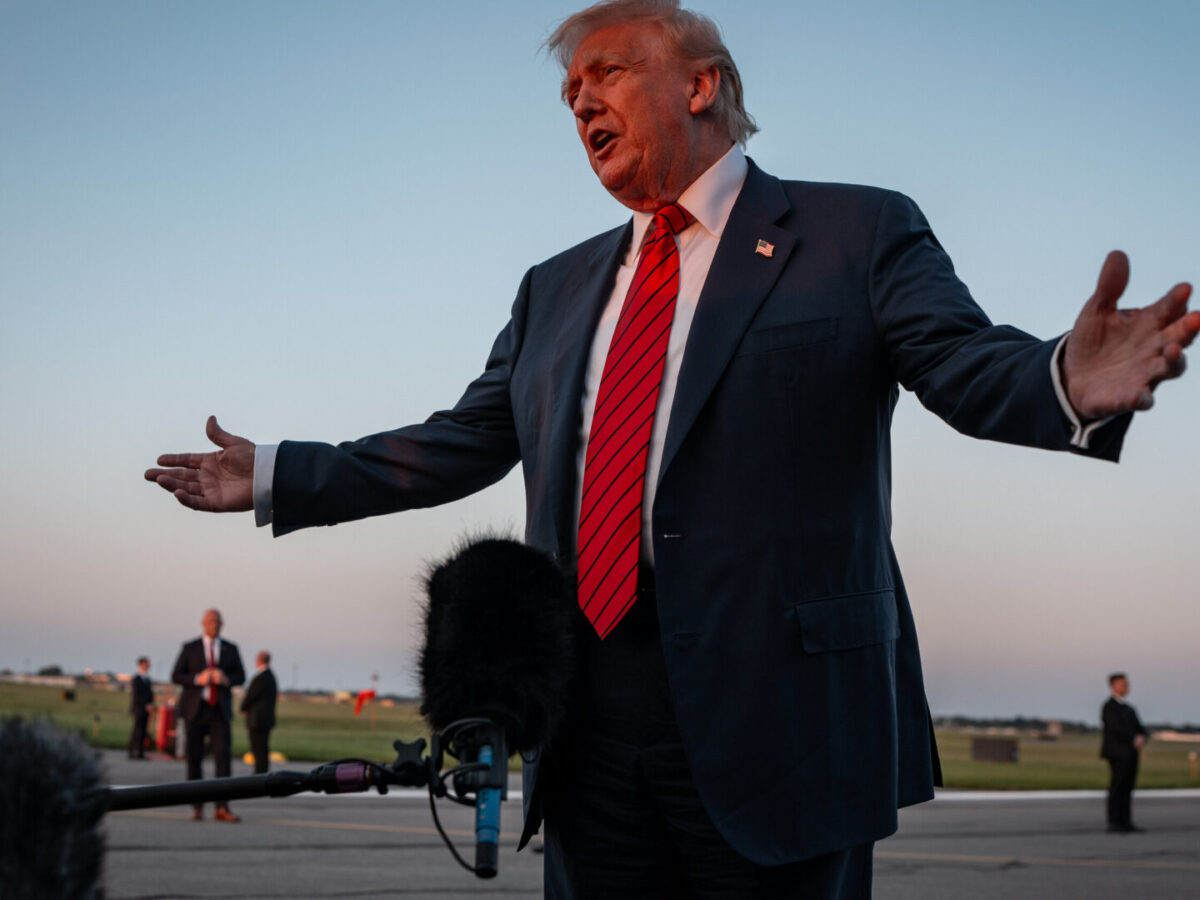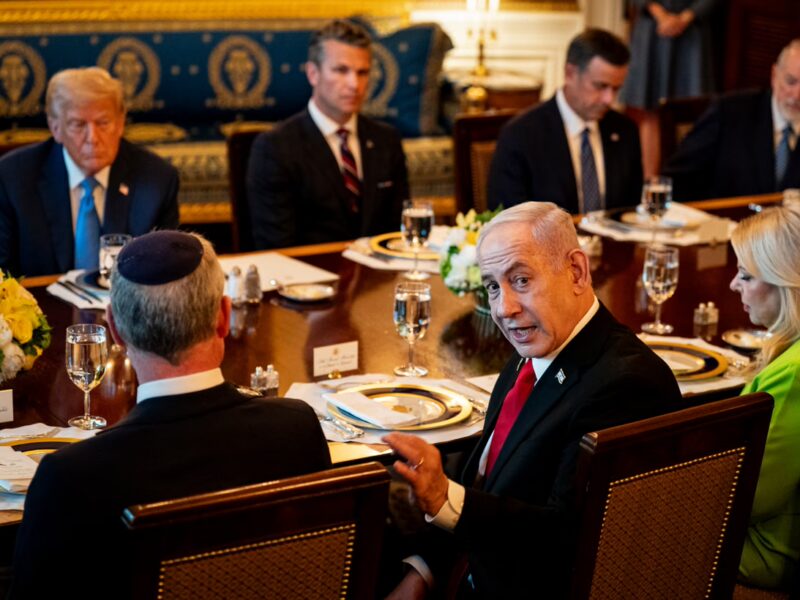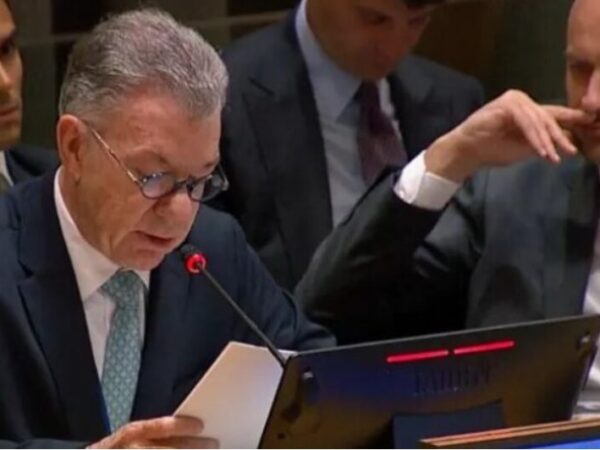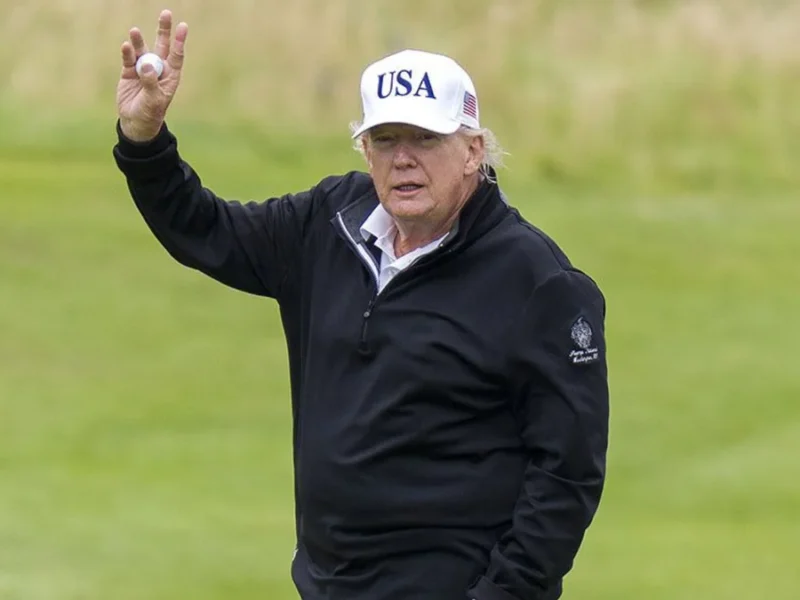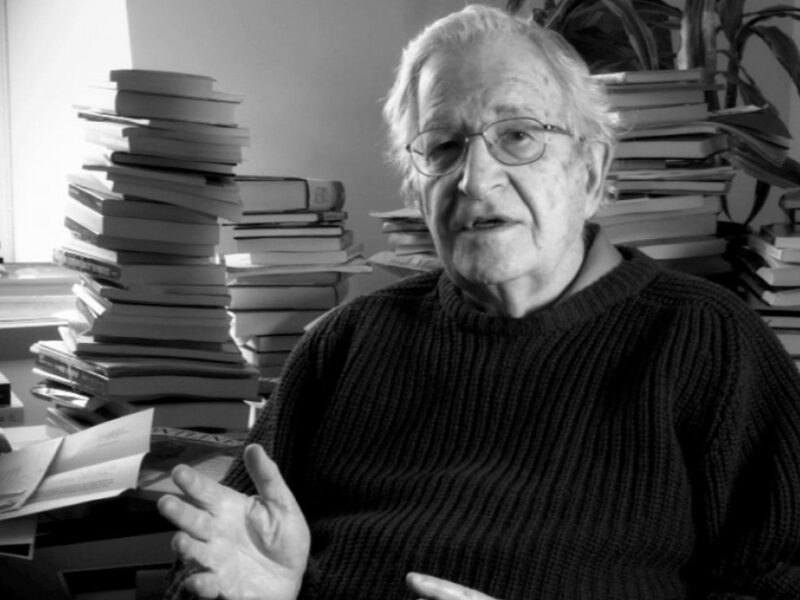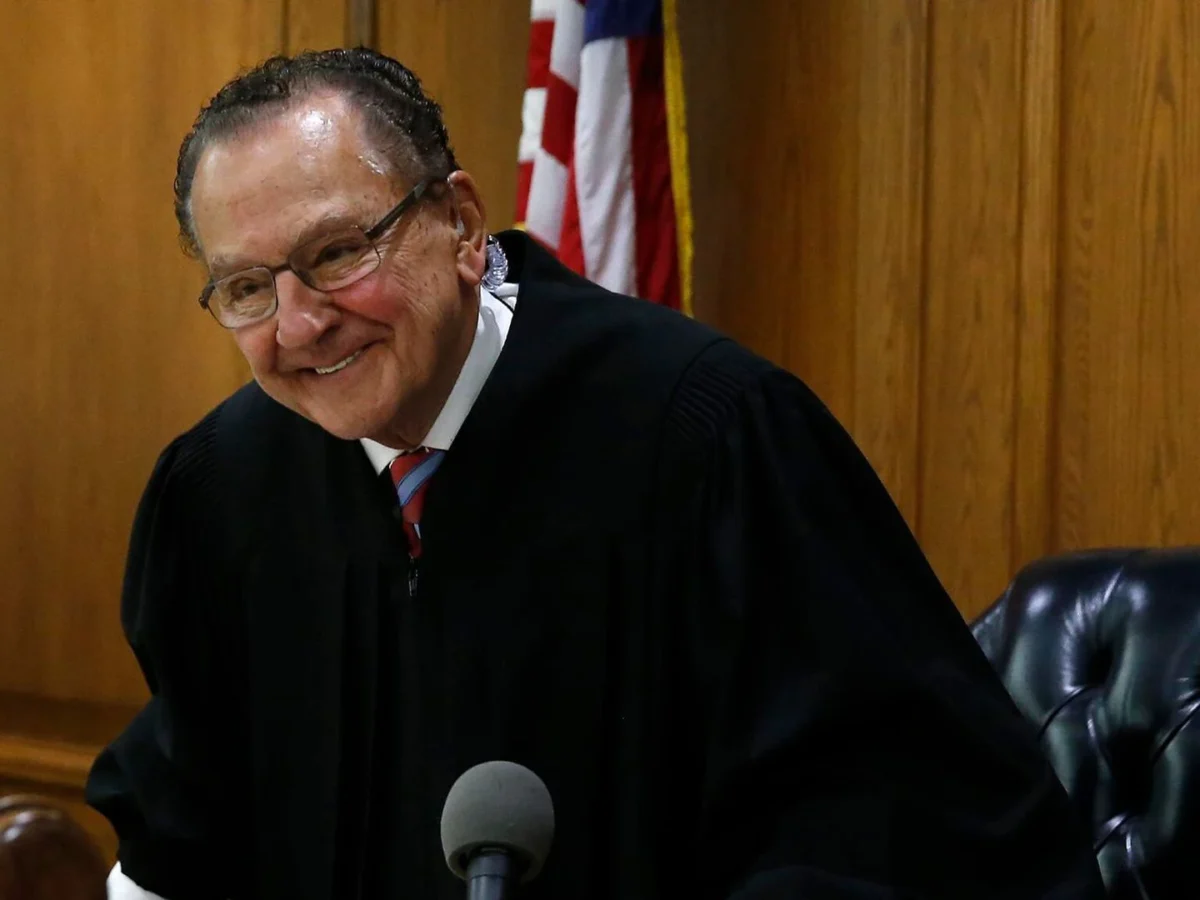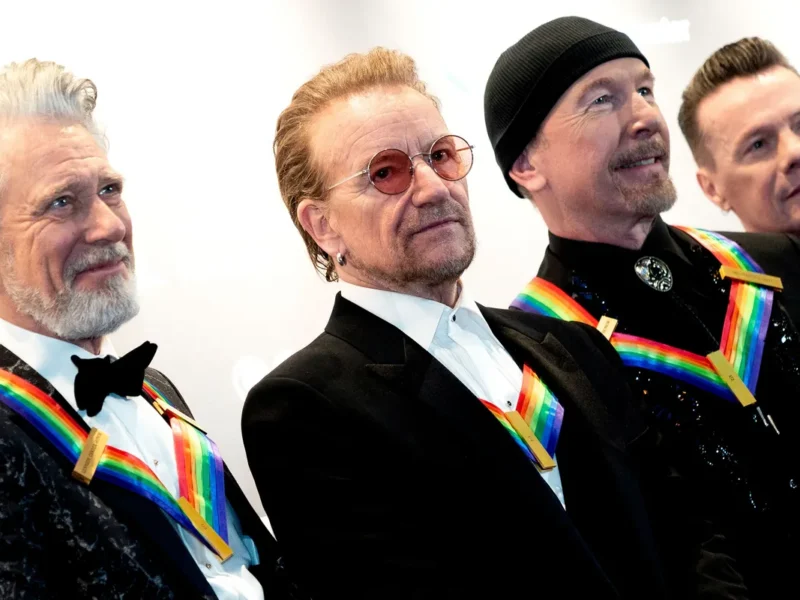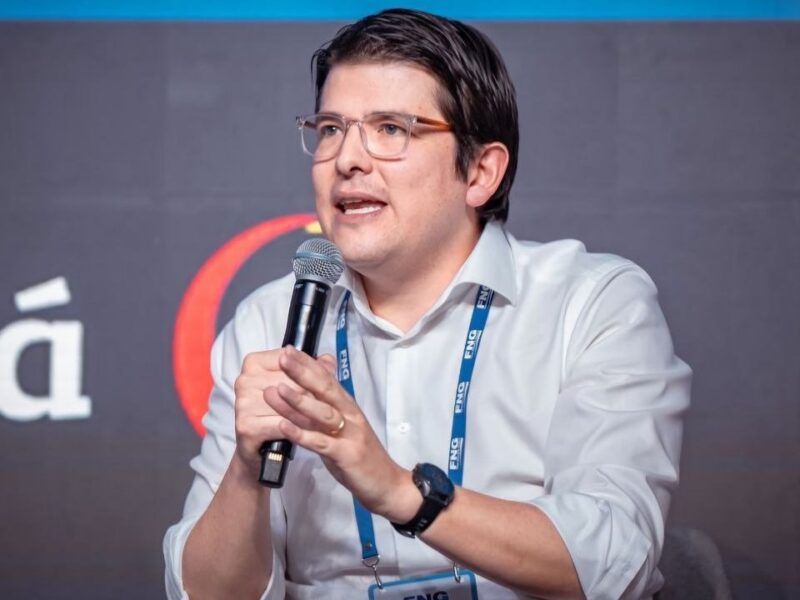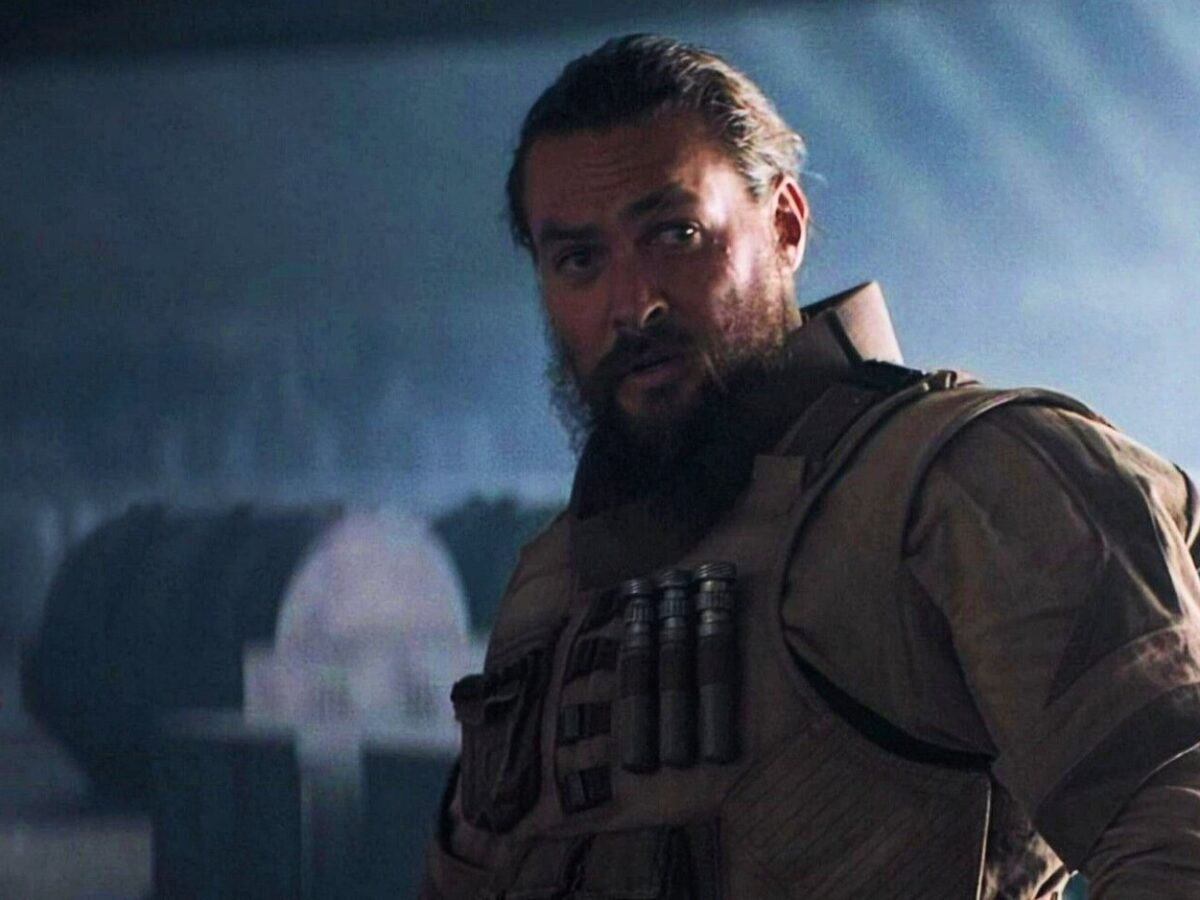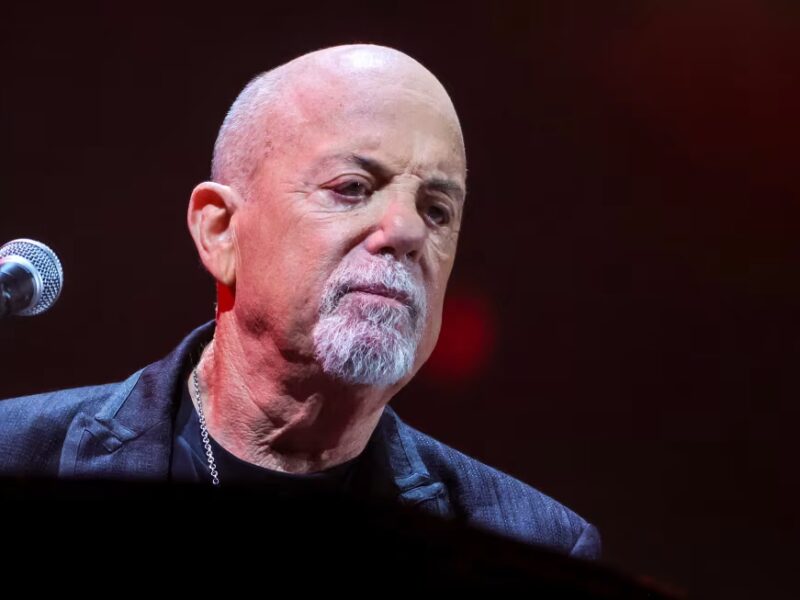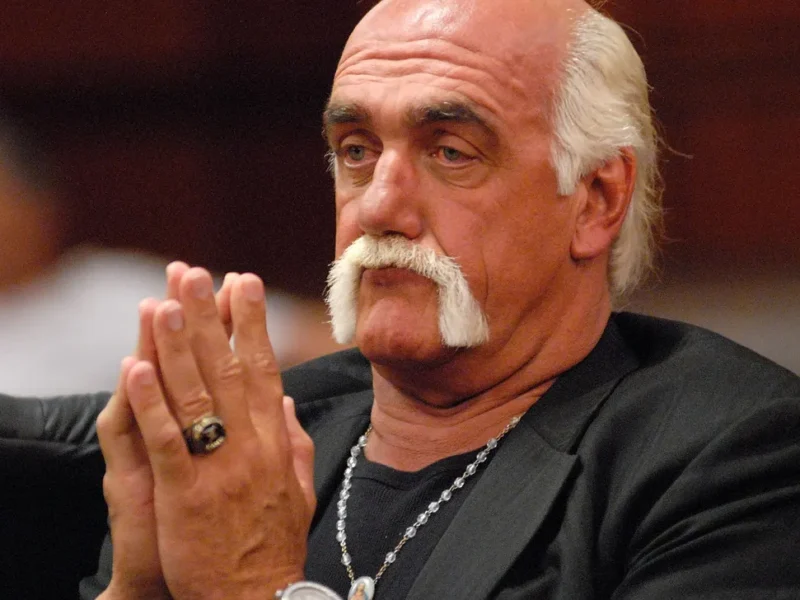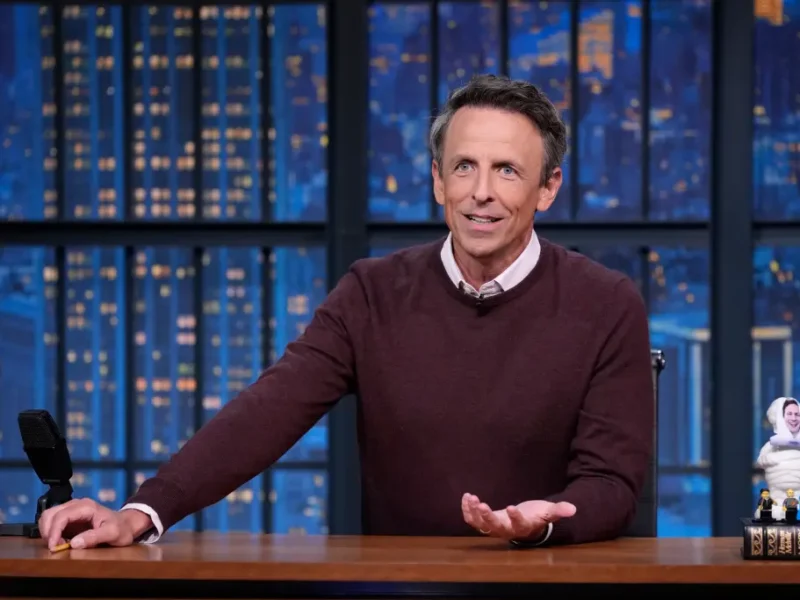On June 22, 2025, in a message that resonated from the heart of the Vatican to the most conflict-ridden corners of the world, Pope Leo XIV made it clear that war is not the answer. With firm conviction and carefully chosen words, he stated that “war does not solve problems; it aggravates them and leaves deep wounds that take generations to heal.” This powerful statement comes at a moment of high global tension following recent U.S. and Israeli strikes on Iranian nuclear sites.
As the first American-born pope, Leo XIV brings an international perspective and a deep humanitarian sensitivity. His message was more than moral reflection—it was a direct appeal to world leaders to prioritize diplomacy over armed conflict and to defend human dignity above geopolitical interests.
What did Pope Leo XIV say about war and diplomacy?
During his Sunday address, Pope Leo XIV did not mince words in condemning the use of force as a solution to international disputes. “Every member of the international community has a moral responsibility to stop the tragedy of war before it becomes an irreparable abyss,” he declared. His comments followed the Iran attacks but also included direct references to the ongoing suffering in Gaza and Ukraine, where thousands of civilians remain trapped in combat zones.
Leo XIV insisted that no military victory justifies a mother’s tears or a child’s fear. His stance reaffirms the Church’s tradition of defending peace, but with a clarity and urgency rarely seen in recent years. More than a denunciation, it was a global outcry urging a shift toward diplomatic dialogue and building a shared future.
An American voice with global reach
Pope Leo XIV stands out not only as the first American pope but also for his decades-long missionary work in Peru. This dual identity—American and Latin American—gives him a multicultural and deeply human lens on international conflict.
Unlike previous papal stances, Leo XIV didn’t just express concern. He firmly urged governments to halt military escalations and open real negotiation channels. His speech echoed the legacy of Pope Francis, who spoke of a “third world war in pieces,” but Leo XIV went further: he demands immediate and concrete action. His message underscores that the goal is not just to prevent conflict, but to protect life and the rights of the most vulnerable.
Can this warning change how leaders respond to global conflict?
In his statement, the Pope didn’t focus solely on military aspects but also on the human and cultural consequences of war. He condemned media censorship, propaganda, and the destruction of basic structures like hospitals and schools. He stressed that war is also an assault on free thought and collective memory.
His intervention comes at a time when international diplomacy seems weakened by conflicting interests. However, history shows that the Vatican’s voice can wield significant influence—not through political power, but through moral authority. Like Saint Leo I, who confronted Attila the Hun, Leo XIV seeks to stop destruction with the power of words and a call to conscience.
Are world leaders willing to listen before the abyss becomes irreversible?
In a polarized world with rising tensions, Pope Leo XIV’s message represents a chance to redirect the course of history. This is not just a homily—it’s an urgent call to act with responsibility and humanity. The future of millions could depend on how this message is received.
Other News To Read


